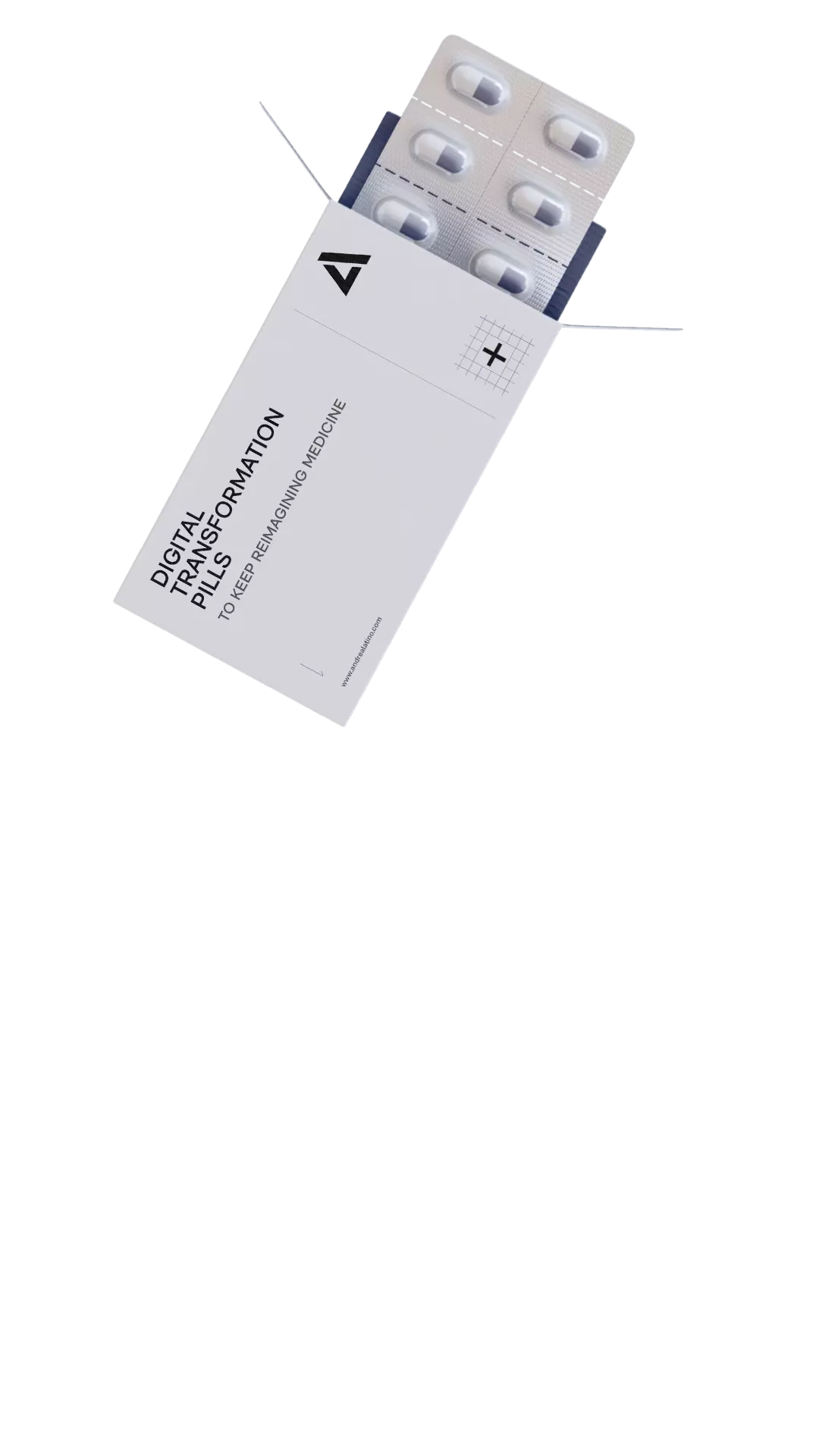Innovation Alphabet
Bounded Rationality
in a nutshell
The best solutions always come to mind when it is too late. This is because human beings tend to make decisions on the basis of satisfaction rather than optimization. Bounded Rationality means that we are unable to think clearly and linearly, we proceed by trial and error and forget all the possible variables that affect the process. But we are also flawed.
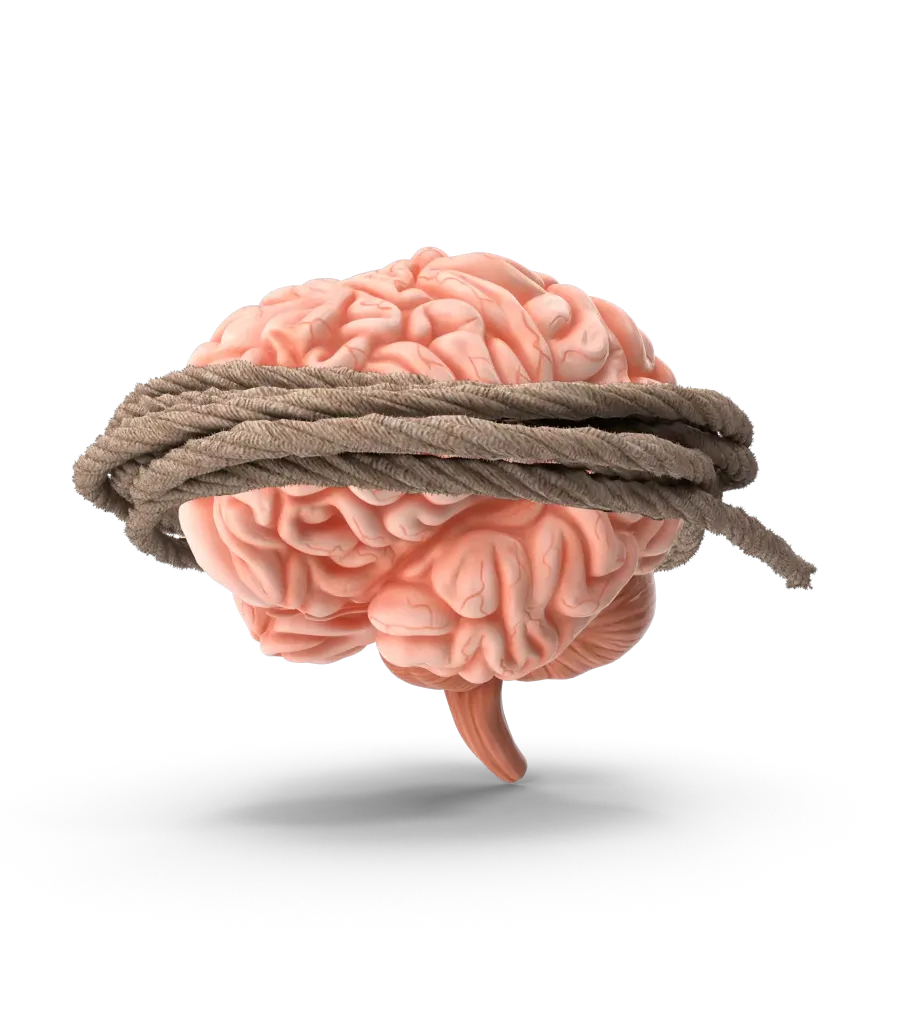

It was Herbert Simon who developed the concept of Bounded Rationality. He was an economist and political scientist interested in decision-making and how we make choices in everyday life. Simon believed that rather than optimizing (as most people thought during past decades) humans tend toward what he called satisficing.
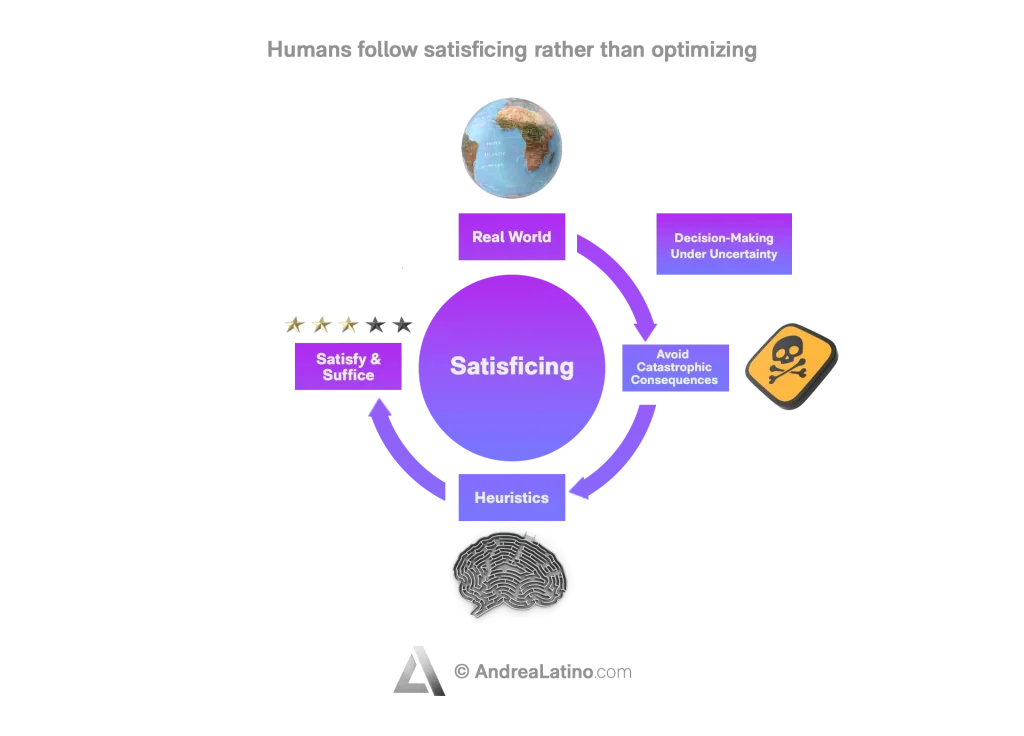
Application Fields
• Marketing: Bounded Rationality is probably one of marketers’ best allies. Consumers do not always act rationally when making a purchase. Consequently, the use of advertising campaigns that stimulate immediate needs is logical, perhaps focusing on the scarcity effect, which produces the implicit feeling that anything rare is of greater value.
• Decision-making: From the buyer’s perspective, however, knowing that not all of our actions are dictated by logical or objective choices might ring a small alarm bell when confronted with a decision-making process. The satisfactory solution will be quicker and cheaper than the best solution, but much less accurate and forward-looking.
• Management: Even senior management must consider the variable represented by Bounded Rationality. Not only customers, in fact, but also their own employees may enact a rushed mindset when making decisions regarding work projects.
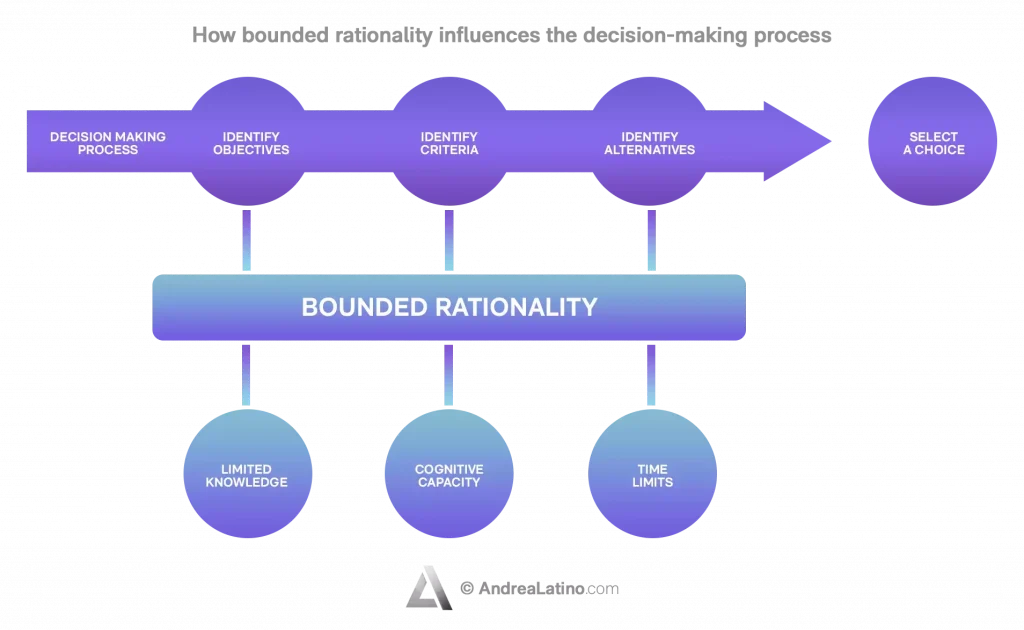
Industries
• Bounded Rationality in the educational field
Darwin University, during the 1990s, experienced a major setback of applications in 14 out of 18 departments. In order to explain the loss of students, an analysis based on the Bounded Rationality model was conducted. The research brought to light the problem of an excess of information accompanied by a scarcity in direct communication to potential students. This led to an increase in indecision and a failure in the ability to choose rationally.
• Bounded Rationality and artificial intelligence
At Cornell University, a study was conducted on the relationship between Bounded Rationality and Automated Machine Learning (AutoML). Artificial intelligence works on a complex number of variables and data that a human could never fully consider. Thus, being able to include the unknown related to bounded rationality will be a challenge for researchers of future technologies.
• Bounded Rationality in politics
Limited Rationality makes no exceptions and is not only limited to the world of private individuals, but also to the public realm. According to a University of Washington study, rational limits must be considered in politics, both by administrations and by voters. Indeed, it is plausible that when faced with a lengthy and time-consuming information process leading to the identification of the optimal candidate, voters prefer the alternative that appears for them to be the most satisfactory. A choice that is then reflected in political representation.
Do you have a Marketing & Sales challenge to tackle? Let’s face it. Together.
C-levels from these companies (AND MORE) relied on my expertise to overcome thEIR CHALLENGES IN THIS AREA. and You can, too.
Can I help you?Business Functions
• Bounded Rationality in support of decision-making
The ability to make weighted or unweighted decisions can be analyzed in the context of U.S. public healthcare. A study published by the National Library of Medicine shows how a decision-making process that is not aimed at optimization is considered a leading cause of death and weighs on more than 80 percent of healthcare expenses. After all, no single model of rationality can be considered adaptable to all medical contexts. What is considered “rational” in one field may not necessarily be considered as such in another.
• Bounded Rationality in support of communication
The exchange between seller and consumer, ideally, is completed when the latter has at his or her disposal a certain amount of information that actually leads him or her to choose and purchase a particular product. The moment traditional channels, such as television, are unable to convey suitable messages, we rely on social media and word of mouth. Indeed, information conveyed by an acquaintance seems to be considered more reliable than information from the seller themselves.
• Bounded Rationality in support of the supply chain
According to a study conducted by Jens Roehrich, professor at the University of Bath, among the different variables that run through a supply chain, sustainability and maintenance costs represent two interesting factors in the study of the limits of rationality. The professor believes that absolute rationality would only think about cost amortization, while the choice dictated by bounded rationality would move toward a balance between the two variables. It is an example of how our mental boundaries can sometimes turn out to be an added value.
Stay in wonderland
Let me show you how deep the rabbit hole goes.
Check out more of the Innovation Alphabet:
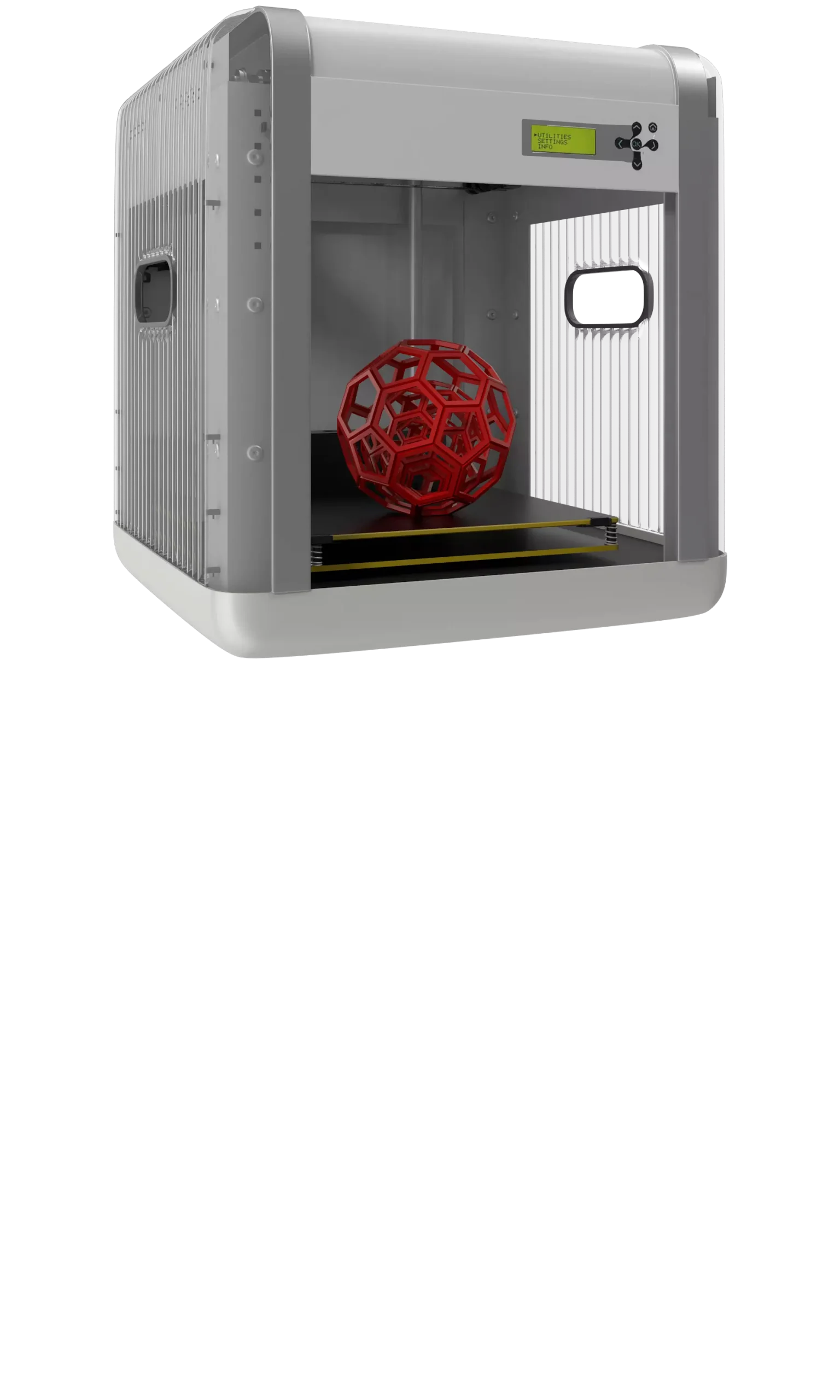
3D Printing
3D Printing
“3D printing” is a process carried out by an electronic device which, instead of resorting to the canonical ink, it molds almost any kind of material: from concrete to living tissue, most usually plastic, but also metal. And the operating principle is similar to that of a traditional printer. The creation of three-dimensional models can lead to the redesign of a company’s production capabilities.
Dive In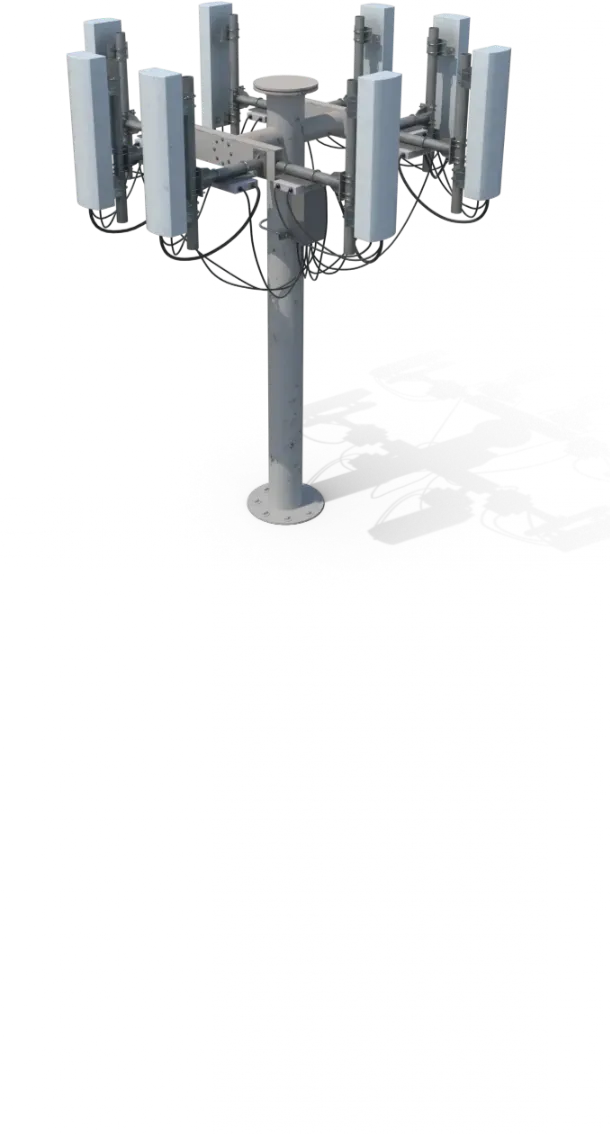
5G
5G
5G is the new frontier of cellular telephony. It was designed to improve (or completely replace) previous generations of mobile networks. The 5th generation features lower latency, ensuring flawless performance of business applications and many other digital experiences – thus enabling the new cultural generations to furiously play Fortnite away from home.
Dive In
Advanced Analytics
Advanced Analytics
The term “Advanced Analytics” refers to the ability to autonomously or semi-autonomously analyze data and content to identify correlations, develop analyses, predictions, and recommendations. It is not just a matter of collecting information and then organizing it into watertight compartments: the ultimate goal is to identify a dialogue pattern from a data-driven perspective.
Dive In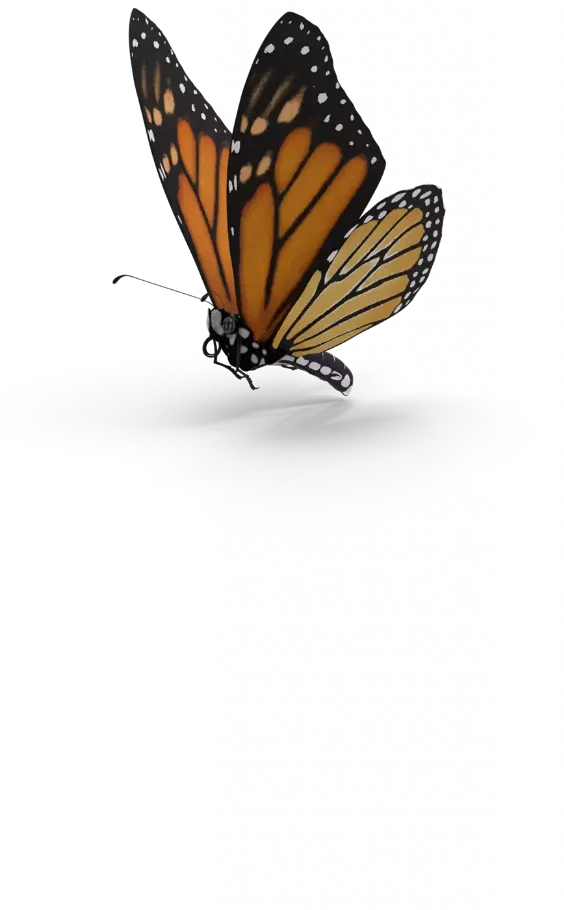
Agile
Agile
Agile is an approach to software development designed to respond to change. Teams quickly analyze the context in which they operate, identify uncertainties faced, and figure out how to adapt to always move forward. Interaction between individuals comes before processes and tools; collaboration with the customer is more important than negotiating contracts.
Dive In
Ansoff Matrix
Ansoff Matrix
The Ansoff Matrix is a marketing planning model that arises from the intersection of new and existing products and markets. It derives four possible strategies for expanding the company’s market, which are built around four variables with a changeable factor of risks and possibilities: existing product, new product, existing market, new market.
Dive In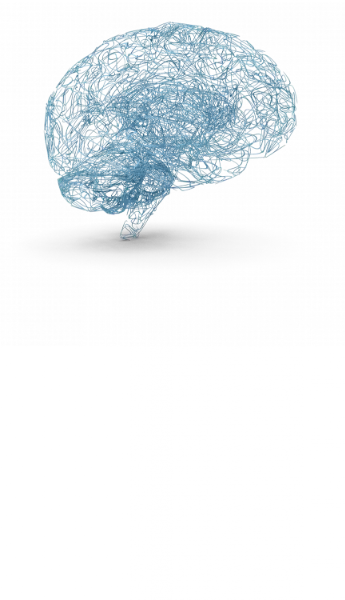
Artificial Intelligence
Artificial Intelligence
Artificial Intelligence is not strictly defined. Basically, it is a computer system able to make decisions in an independent and flexible way. A good AI application can perform everyday tasks better than an average person (e.g., identifying other people from their photos on social media or beating the best chess player). Nothing to fear, then. Unless you are a chess champion.
Dive In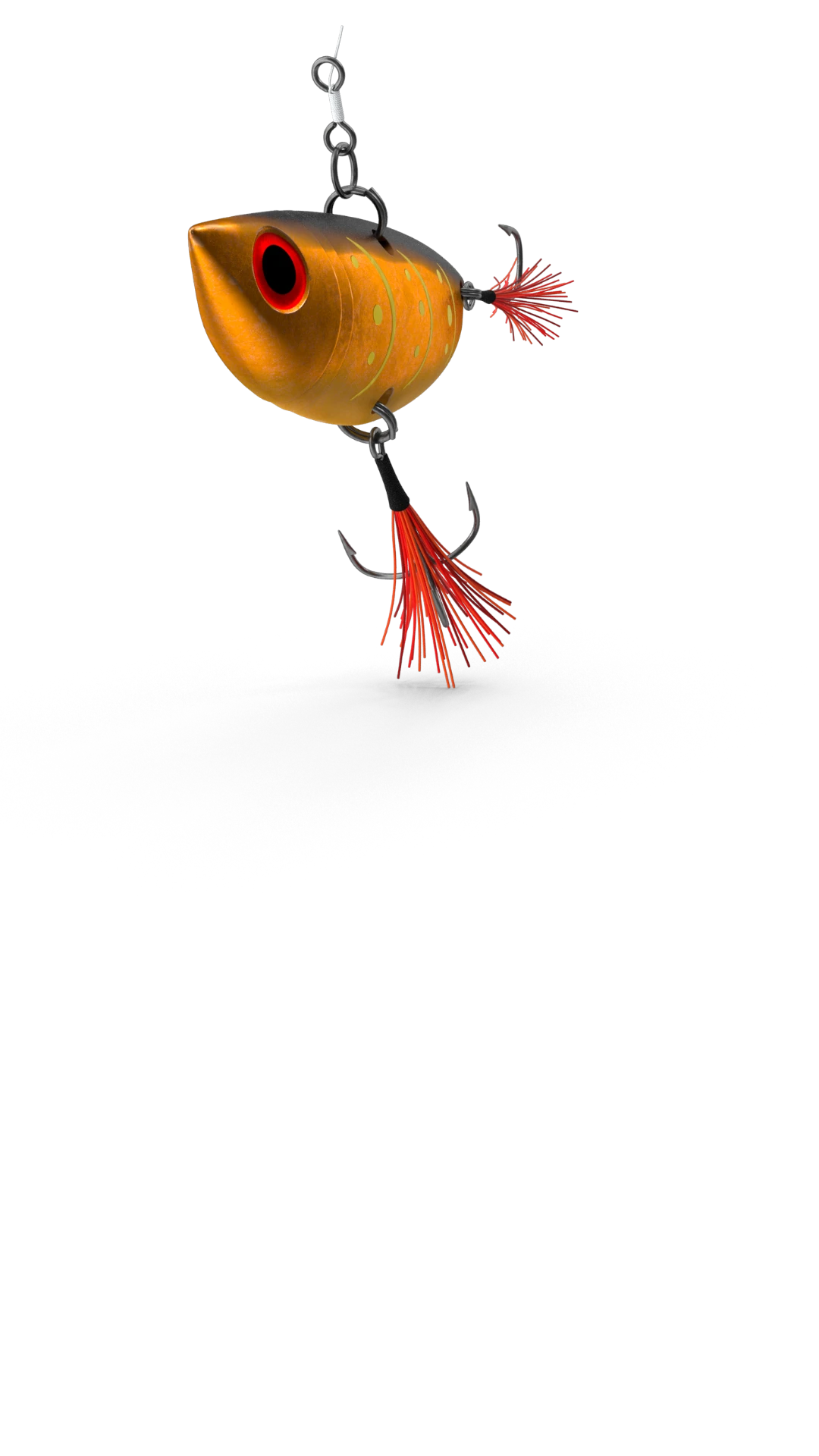
Artificial Scarcity
Artificial Scarcity
We often tend to desire what we cannot have. Or what we are in danger of losing: Artificial Scarcity is a strategy that flaunts a limited number of items that do not correspond to actual availability. The goal is to stimulate the perception in consumers that the stock of items is about to run out and thus create a need based on the “fear of being cut off” or the intention to buy the item in order to resell it at a higher price.
Dive In
Attack Surface
Attack Surface
The term attack surface refers to the part of a system that may be subject to attack or breach by hackers. The smaller that surface is, the easier it will be to protect it. Indeed, the Internet is an ocean of deep, dark waters: those who navigate it must be aware that they are exposing themselves to a flood of digital risks. Yet, ironically, we do not need a big boat to shelter us.
Dive In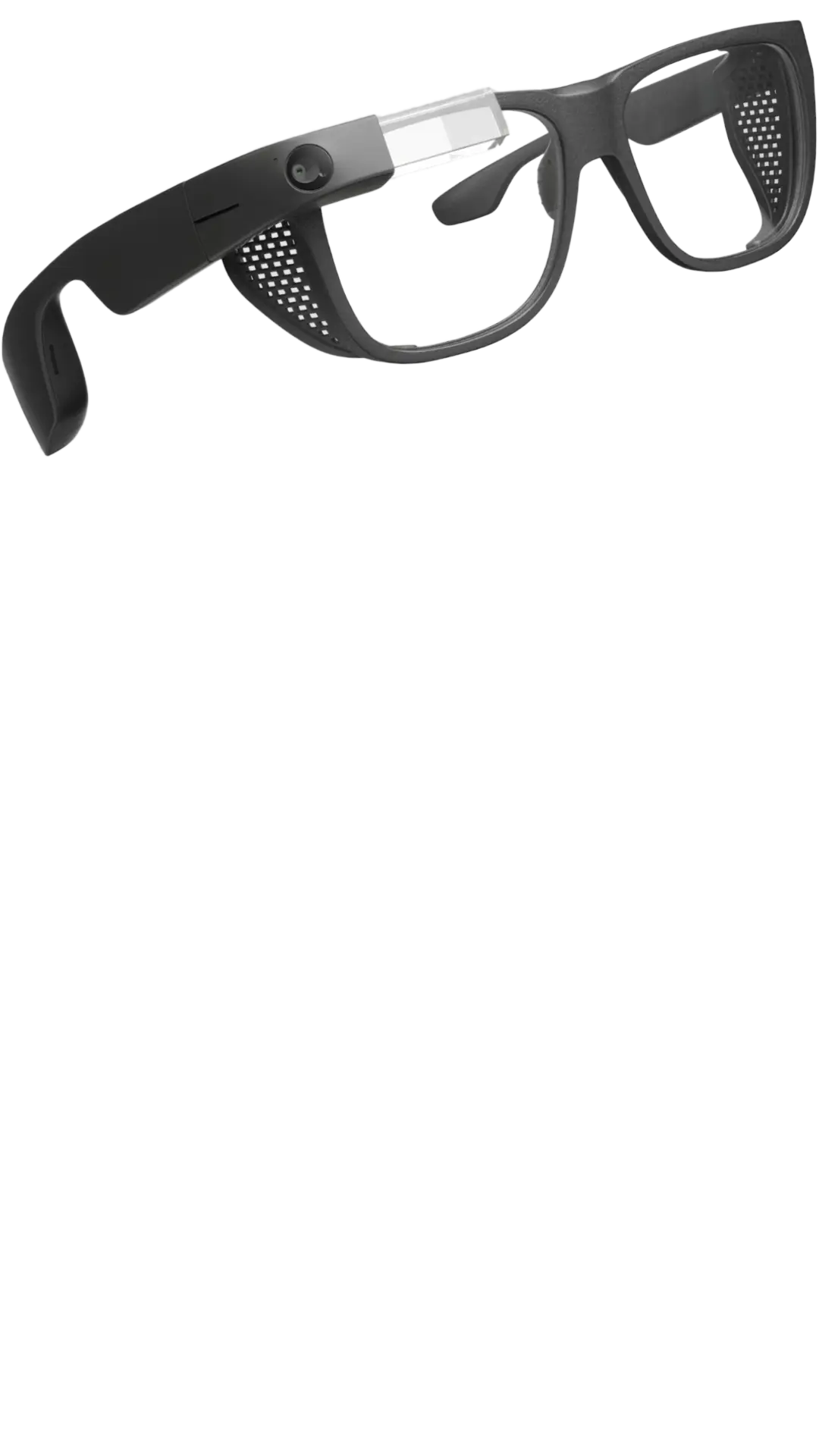
Augmented Reality
Augmented Reality
Augmented Reality is an ever-evolving technology that overlays multimedia information on top of our common sensory horizon to gain a deeper understanding of our surroundings. No, it doesn’t allow you to step out of the Matrix dream simulation, nor can it be accessed by swallowing a red pill. But neither is it the disturbing experience of the Playtest episode of Black Mirror.
Dive In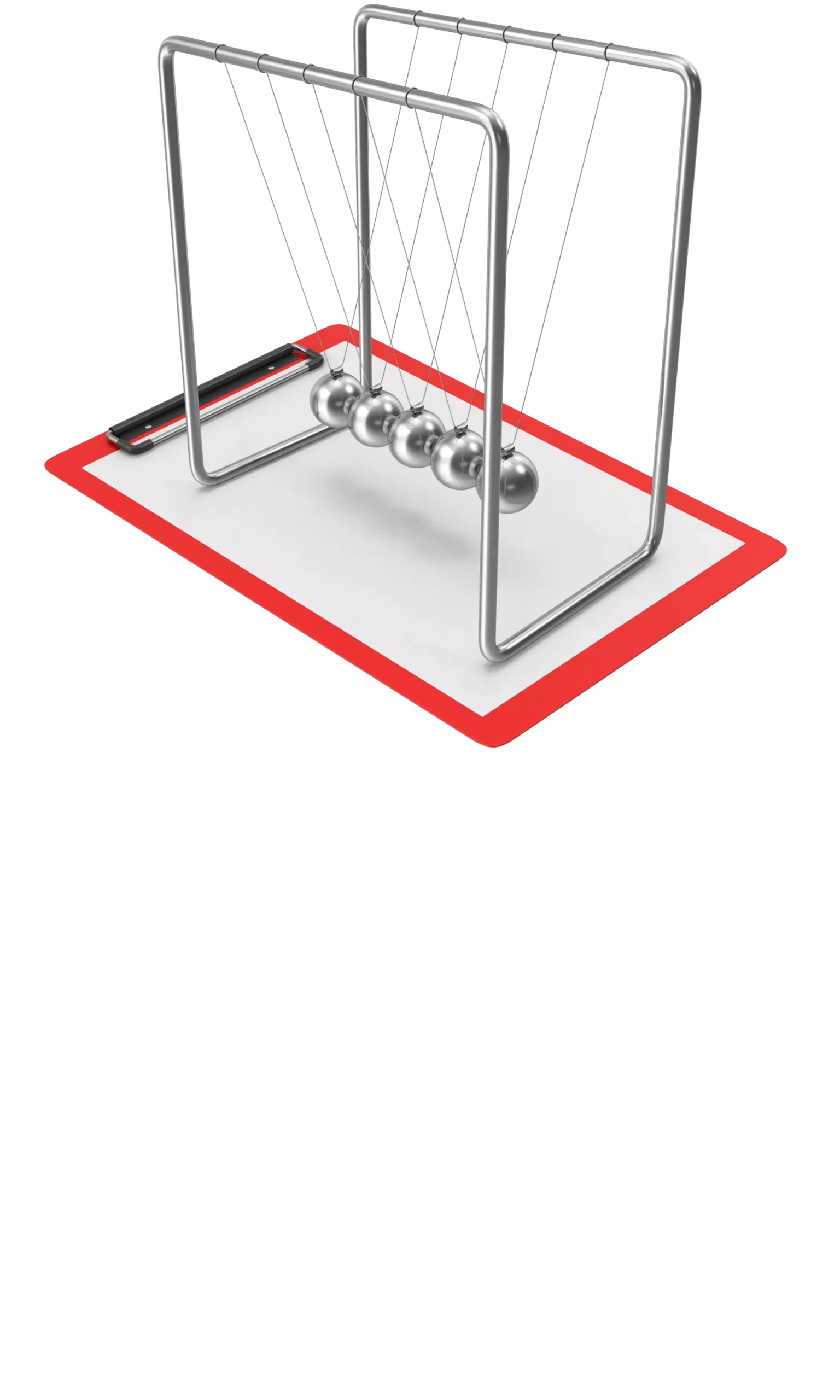
Balanced Scorecard
Balanced Scorecard
In business, as in life, you need balance. The Balanced Scorecard is a holistic tool for strategic management. It offers, in fact, the possibility of assessing corporate performance in its wholeness. An overview that embraces four perspectives: the business/financial side, customers and stakeholders, internal processes, and learning and growth.
Dive In